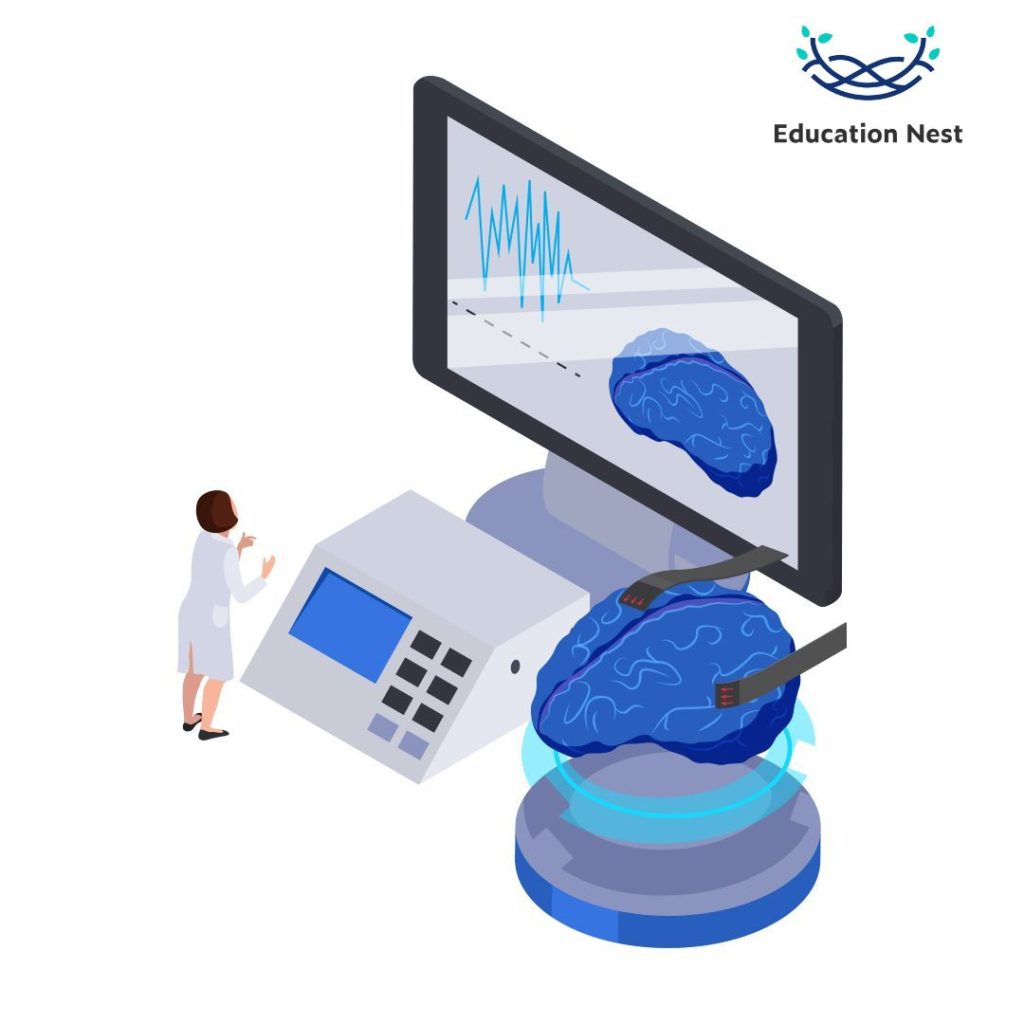
Artificial intelligence (AI) has significantly impacted many industries, including healthcare. This cutting-edge innovation used to be the stuff of science fiction, but it is now becoming a reality. Instead, we now depend on this technology, constantly changing in ways we never imagined. The impact of artificial intelligence in healthcare is causing huge changes in the IT world. In this blog, we will understand the role of artificial intelligence in healthcare. We will be exploring the benefits and applications of artificial intelligence in healthcare.
Firstly, let us understand artificial intelligence briefly.
What is Artificial Intelligence?
Artificial Intelligence (AI) shows intelligence that can be useful in various situations using tools like sentiment analysis and Natural Language Processing (NLP). Using this technology, machines can learn independently by analyzing their data and the information given. They can then use this knowledge to do a variety of business tasks. Even though both Machine Learning and Deep Learning are part of “Artificial Intelligence,” they each have tasks for making machines work.
Now, let us move forward and explore the role and benefits of artificial intelligence in healthcare.
Role of Artificial Intelligence in Healthcare

Artificial Intelligence (AI) is being used to make efficient and accurate improvements. It is used in many areas of medicine, from radiology to treating long-term diseases like cancer. AI has many advantages over more traditional analytics methods and medical decisions. The systems become more accurate as AI algorithms are given a chance to learn from training data. This gives us insights into treatment variability, care processes, diagnostics, and patient outcomes that were not possible before.
Hence, let us explore the impact of artificial intelligence in healthcare.
Virtual Health Assistants
A virtual health assistant’s duties can include but are not limited to-
- answering phone calls and emails from regular patients,
- filing away patients’ private health information,
- setting up appointments with doctors,
- reminding patients of follow-up appointments and clinical appointments, and more.
Cognitive computing, augmented reality, and the use of both physical and vocal gestures make this possible. It’s one of the best AI healthcare apps because it gives patients a say in how they care for their health and how their questions are answered. The decrease in hospital stays will be good for both patients and doctors.
Accurate Diagnosis of Cancer
PathAI is one of the best tools for using artificial intelligence and machine learning to help pathologists diagnose accurately. PathAI helps doctors diagnose cancer more accurately and gives them new ways to treat each patient. Accurately diagnosing cancer will save many lives by allowing treatment to start early when the disease is still manageable.
Management of Medical Records
When it comes to Big Data, healthcare is one of the next frontiers that need to be conquered. Like a needle in a haystack, important and useful information could get lost in the huge amount of data, which would cost the industry billions of dollars every year. Without the ability to connect important data points, it will take longer for correct diagnoses and new medicines and drugs to come out. AI helps in the easy management of medical records without causing any mishaps.
Also Read:
Applications of Data Science in Healthcare: A Remarkable Guide
Surgery with Robotic Assistance
The use of surgical robots has increased significantly in recent years. Robots are being used more and more in hospitals to help with tasks that need precision, control, and the ability to change. It is used to do things that humans can’t do, like open-heart surgery.
A new kind of surgery has been made possible by combining the skill and experience of surgeons with robotic arms, cameras, and other surgical tools. The surgeon can sit at a computer console and control the robot’s mechanical arms from a distance while looking at a magnified, three-dimensional image of the surgical site.
Image Diagnosis via Automation
With the help of AI software, it’s easy to figure out what an image is about. These AI systems, which use Deep Learning software and technology, can read complex images like those from CT scans and MRIs more quickly thanks to algorithms. The automated image diagnosis system makes it easier for doctors to do their jobs faster and more accurately diagnose diseases. This tool is also helpful because hospitals need more radiologists and other medical professionals. In the past few years, AI has made a lot of progress in the field of medical imaging.
Above, we have covered the benefits of artificial intelligence in healthcare in brief.
Conclusion
On the whole, this blog has provided an overview of how AI can be used to improve healthcare, as well as how it has revolutionized other industries. As you must have seen, this change in technology has made a big difference in this field.
So, if you want to do well in any job, you should learn about AI. Now is the time to get better at AI and move up in your career.

